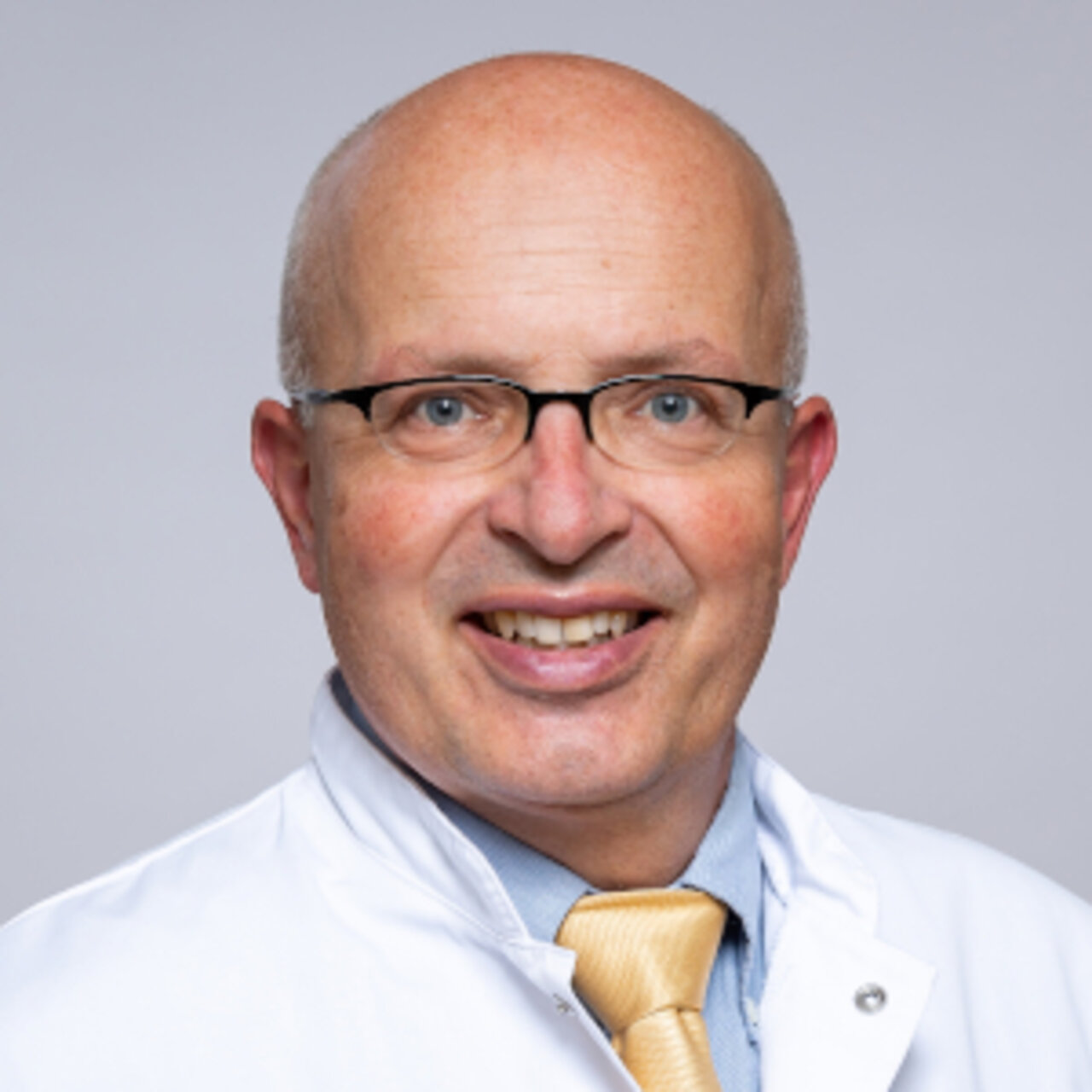Specialists in Angiology
1 Specialist found
Information About the Field of Angiology
What is Angiology or Vascular Medicine?
Angiology is another term for vascular medicine and is a relatively young division of internal medicine. This section of medicine is concerned with the circulatory system and the lymphatic system, i.e. arteries, veins, lymphatic vases, and its maladies. The treatment spectrum includes diagnosis, therapy and prevention of vascular disease.
Vascular medicine often overlaps with other disciplines, such as cardiology, neurology, or dermatology.
Important Diseases Treated by Angiologist Doctors
Angiologists treat disorders of arteries, veins and lymphatic vessels. Various reasons cause these illnesses in patients:
Atherosclerotic Diseases:
In arteriosclerosis, connective tissue, fats and calcium are increasingly deposited in the arterial walls and narrow the blood vessels more and more. This process results in circulatory disorders and can lead to vascular occlusion, whereby the supplied tissue dies.
Causes of arteriosclerotic vascular diseases are often underlying diseases such as diabetes mellitus or general risk factors like chronic nicotine consumption, high cholesterol, and obesity. Worth mentioning here is the so-called "smoker's leg", an arterial occlusive disease (AVC) of the leg arteries. In this malady, tissue becomes necrotic due to the occlusion and dies off.
Aneurysms:
An aneurysm is a localized thinning and bulge (arterial dilation) of a blood vessel wall and is often caused by arteriosclerotic changes of the vessel. A dreaded complication is a rupture or "bursting" of an aneurysm.
Inflammatory Vascular Diseases:
If arteries, veins or lymphatics are invaded by pathogens, they can become inflamed which can lead to complications such as thrombosis or embolism in addition to classic inflammatory symptoms. The cause for this affliction is often an injury and an infiltration of pathogens evoked by animal bites or stings as well as cannulas or syringes.
Functional Vascular Diseases:
Functional vascular disorders can take on very different forms and affect all vessels of the human body. Risk factors include hypertension, underlying diseases, and cigarette smoking. Common afflictions are thrombosis and edema.
Thrombosis is an intravascular coagulation occurring in arteries and veins. The resulting thrombus can either close the original vessel or peel off, leading to a vascular occlusion in a different body region (embolism).
Edema is swelling caused by increased leakage of vessel fluids. Underlying causes may be disruption of venous drainage such as thrombosis, inflammation or lack of exercise like during a prolonged hospitalization.
Which Examinations are Performed by Angiologists?
The most important examination methods of angiology are the palpation of the pulse in the affected body region as well as the Doppler examination. In this cross-checkup, the blood circulation becomes audible and visible. Therefore, it is possible to detect circulatory illnesses. The basis of this investigation method is the Doppler effect. Radiologically, vessels can be visualized by injecting a contrast agent into the bloodstream prior to X-ray exposure (angiography). Depending on the diagnosis and planned therapy, conventional imaging techniques such as computed tomography and magnetic resonance imaging can be used as well.
Important Treatment Methods in Vascular Medicine
Healing approaches in vascular medicine depend on type and severity of the disease. If the illness is acquired by external influences such as arteriosclerosis, it is first necessary to eliminate these influences: Cigarette smoking should be discontinued, elevated cholesterol levels lowered and obesity reduced. Lymphatic and outflow impairments can be treated by physiotherapy and lymphatic drainage. Medications help with inflammatory diseases, high blood pressure and an increased risk of thrombosis.
Advanced disorders such as aneurysms or severe atherosclerosis often require more invasive procedures. Largely destroyed vessels can be dilated by balloon dilatation. In this procedure, a catheter is pushed forward through the vascular system to the constricted area and inflated. If a new closure is imminent, a stent can be employed as a support to keep the vessel open. Surgical procedures on vessels are possible as well but no longer part of angiology. They belong to the field of vascular surgery.
Where can I Find an Experienced Specialist in Angiology?
At PRIMO MEDICO you will find only experienced specialists and clinics for vascular medicine in Germany, Austria, and Switzerland. At present, you will find recognized experts in the following cities:
How Much Is the Cost for a Treatment by an Vein Specialist in Germany?
For patients from abroad, the costs for an Angiologist are strictly regulated by the German government (GOÄ Department). German physicians are not entitled to determine their own self-calculated fees for medical services. They are legally obliged to adhere to the official fixed tariff rates for doctors.
In order to calculate the costs for a specific vascular treatment in Germany, vascular doctors or vein specialists and angiology clinics first require detailed information about the specific vascular affliction. This data can be transferred to the hospital in form of medical reports, findings or images taken prior to therapy. The artery treatment center then prepares a cost estimate. In most cases, the amount due must be paid ahead of the healing process.
German Sources:

